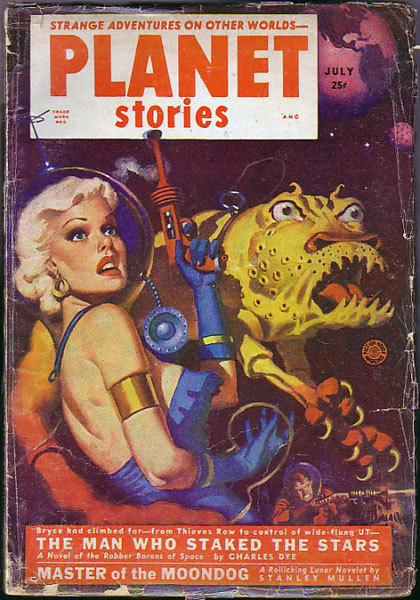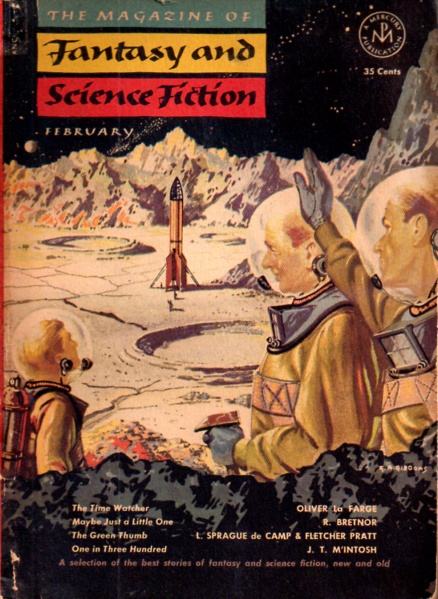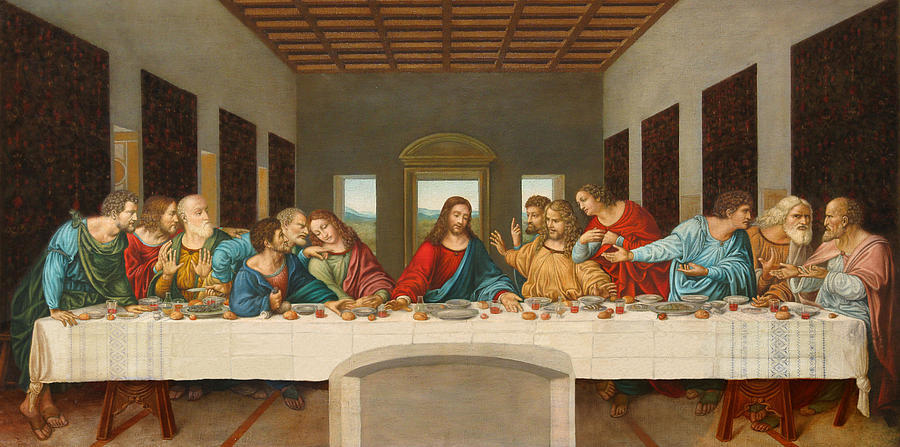
First appeared in Jack O'Sullivan's Planet Stories, reprinted by Robert Silverberg, Malcolm Edwards, Martin H. Greenberg, Damon Knight, Joseph D. Olander, Peter Davison, Susan Price, Stefan Dziemianowicz, Robert Weinberg, D. E. Wittkower, John Gregory Betancourt, Ann VanderMeer, Jeff VanderMeer, Peter Ross.
A human crew collect their things readying to exit the planet. One has purchased a 400 lb. wub, a creature which looks like a pig, presumably larger than a man at that mass. The natives respect the creature, but the humans--at least some of them--see it as a source of food. Even finding out the wub can read minds does not seem to deter the ship captain's appetite.
Analysis (with Spoilers)
The first reprinting of this story nearly two decades later was in Dick's own collection, The Preserving Machine. Perhaps an apt title. No one seems to have thought it demanded a second look when it first arrived.
Robert Silverberg was the first editor to reprint it, twenty years later for his Alpha anthology, aimed at showcasing what SF he considered "literary"--a term which seems to mean different things to different people. Since Dick's story isn't necessarily highly evocative prose or rich characterizations, he must mean stories that provoke thought, which this certainly does do.
Dick's comment on "Roog" would probably apply here: "each creature view[s] the world differently from all other creatures." I will add more of his comment after I find my copy of Dick's collection.
What happens at the end of the penultimate section is vaguely worded and a little unclear. One possibility lies in the the wub's allusions to two major works of literature: the Bible (Jesus driving out demons that have possessed a herd of pigs) and the Odyssey (Circe transforming sailors into pigs)--the parentheticals are presumably the parts of the story Dick's is alluding to.
This possibility suggests that when the captain looks into the wub's eyes, he becomes the wub and vice versa. Or maybe, as the Vandermeers suggest, eating the wub makes one the "wub." This seems a strong possibility due to the allusions.
However, the other possibility is that the wub controls the captain as it did earlier, freezing the captain. So that the captain shoots himself. The wub assumes the role of captain and serves the former captain as dinner. This seems a good possibility because of the wub's early mind-control, the wub's discussion of sacrificing other members of the crew to eat, the vaguely worded "meat," and the reactions of the crew not wanting to eat the meat, due to cannibalism. Presumably if eating the meat made them "wub," at least a few others would have dug into the wub meat for supper becoming wub. But would they treat the pig as captain? Or is it controlling them to make them think of his as captain? The thing is that if the wub transfers from one creature to another, the alien probably wouldn't be a wub, but some other creature, originally, and there'd be no reason to "respect" the wub, necessarily.
The title seems to suggest that the wub is or will exist in the future or their future--physically or otherwise. Whatever's going on, the captain or the wub seems perfectly affable and chatty about the situation. In rereading, one wonders about what the native "respect" for the wub entails.





